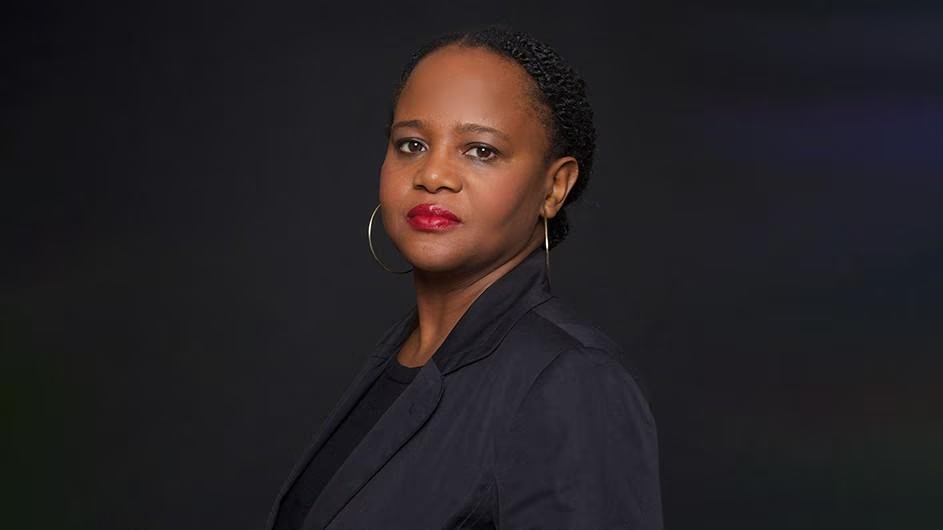In a heartfelt interview, Edwidge Danticat, an acclaimed author, and Nedgine Paul Deroly, CEO of Anseye Pou Ayiti (APA), discussed the profound impact of education and community leadership in Haiti. Their conversation underscores the urgency and significance of investing in grassroots educational initiatives to foster a new generation of Haitian leaders who are deeply connected to their communities and committed to creating an equitable society.
Q: Why do you support Anseye Pou Ayiti?
Edwidge Danticat emphasized a powerful Haitian proverb: "Timoun se richès" (children are wealth). This encapsulates the belief that the future of Haiti lies in the hands of its children. Danticat articulated the need to provide essential resources such as food, healthcare, and most importantly, education to harness and nurture this wealth. She supports APA because it embodies this vision, working tirelessly to ensure children receive not only academic knowledge but also lessons in duty, community, and love.
"Education is what will take us from the present to the future," Danticat stated. The work of APA and its dedicated teachers and community leaders is pivotal in investing in the children who will eventually become the pillars of Haitian society.
Q: Why does education equity in Haiti matter to you? | The path to a just society
With half of Haiti's population under the age of 25, the urgency for education equity cannot be overstated. Danticat highlighted that without equitable access to education, Haiti risks perpetuating a cycle where only a select few have opportunities, leaving the majority disadvantaged. This inequality hinders the creation of a society envisioned by Haiti's ancestors, one where every individual has the chance to thrive and contribute regardless of their socio-economic background.
Education equity is not merely about providing schooling but ensuring that it is consistent and accessible. This is particularly vital in a country where many young people are losing out on consistent education due to violence and resource scarcity. APA’s work aims to bridge this gap, ensuring that every child has the opportunity to learn and grow.
Q: Why does investing in a new generation of Haitian civic leaders matter?
Danticat underscored the importance of investing in a new generation of Haitian civic leaders. These leaders must understand that "our fates are tied," fostering a sense of collective responsibility and unity. The goal is to cultivate leaders who are committed to lifting all communities and ensuring that no one is left behind. This sense of collective responsibility is embedded in Haitian culture through concepts like "konbit" (community labor) and "Lakou" (traditional family compounds).
APA's approach resonates deeply with this vision. By integrating parents, teachers, and civic leaders, APA ensures that the education children receive is holistic and inclusive, fostering pride and community rather than alienation. The organization’s name itself, "Anseye pou Ayiti" (Teach for Haiti), reflects this commitment to collective progress.
Q: Which aspects of the Anseye Pou Ayiti approach most resonate with you? Community Collaboration - a holistic approach
One of the standout aspects of APA's approach is its emphasis on community collaboration. Danticat pointed out that in many contexts, parents often defer education entirely to teachers, which can lead to a disconnection between the child's education and their cultural identity. APA's model of involving parents, teachers, and civic leaders creates a support system that reinforces the child's sense of belonging and pride in their heritage.
This collective effort is beautifully encapsulated in the Haitian saying "yon sèl dwèt pa manje kalalou" (you can't eat okra with one finger). It signifies the importance of community and cooperation, a principle deeply embedded in APA's philosophy and practice.
Q: Why is now more important than ever to support grassroots initiatives in Haiti?
In the current climate, supporting grassroots initiatives in Haiti is more important than ever. While the news often highlights the turmoil in Port-au-Prince, there is also significant community-building work happening quietly across the country. Grassroots initiatives like APA provide essential services and stability, especially as more families relocate from urban to rural areas due to instability. These organizations play a crucial role in addressing new imbalances and needs arising from the shifting population and resource strains.
Supporting these organizations is not just about providing immediate relief but also about investing in long-term solutions. It’s about helping children stay in school, ensuring food security, and providing housing. Most importantly, it's about contributing to projects that envision a sustainable future for Haiti. These grassroots efforts are vital for nurturing the next generation of leaders and thinkers who will guide Haiti forward.
Q: What’s your dream for an education system in Haiti?
Reflecting on her own experiences, Danticat shared her dream for an education system in Haiti that is equitable and inclusive. She envisions a system where every child has the opportunity to attend school, pursue their interests, and contribute to their communities and the world.
Danticat's personal journey underscores the transformative power of education. Her hope is that every Haitian child will have the same opportunities she had. She often considers herself an "accident of literacy." She shared that everything she has accomplished stems from her ability to read and write and the opportunities that education opened for her. Her vision is that every child in Haiti will have these same opportunities, starting with a solid educational foundation.
This vision aligns with APA’s goals of providing comprehensive education that prepares children not just academically but as active, engaged citizens.
The interview between Edwidge Danticat and Nedgine Paul Deroly sheds light on the critical role of education in transforming Haiti. Through the work of Anseye Pou Ayiti, we are not just investing in education; we are investing in Haiti's future. We are nurturing a generation of leaders who understand the value of community, equity, and collective progress. By promoting education equity, fostering civic leadership, and encouraging community collaboration, APA is helping to build a brighter, more equitable future for Haiti. This is how we honor our past and build a brighter future for all Haitians.
Photo credit: Columbia University

